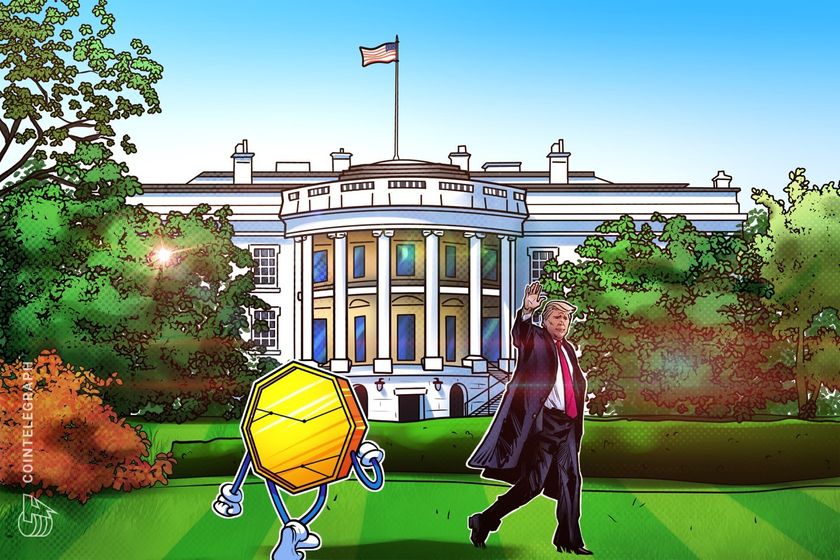
Brian Brooks has defended the fintech charter he oversaw while heading the OCC, warning heavy-handed crypto regulations could undermine U.S. competitiveness globally.
Brian Brooks has defended the fintech banking charter introduced while he served as the acting comptroller of the currency after Congressional Democrats took aim at the license on Thursday.
Brian appeared as a witness before the House Financial Services Committee’s Subcommittee on Consumer Protection and Financial Institutions at an April 15 hearing titled, “Banking Innovation or Regulatory Evasion? Exploring Trends in Financial Institution Charters.”
The fintech charter was introduced by the Office of the Comptroller of the Currency, or OCC, and overseen by Brooks in 2020, allowing financial technology firms including cryptocurrency companies to offer lending and payment products without being overseen by state banking regulators, FDIC insurance, or deposits from customers.
Californian representative and chairwoman of the House Financial Services Committee, Maxine Waters, claimed that banks and state regulators have complained about the lack of regulatory scrutiny faced by fintech firms licensed under the charter:
“State regulators, community banks and credit unions have raised alarms about how new entities, including big tech firms, are receiving unconventional bank charters and offering bank products and services while evading regulations most banks, including community banks, must comply with.”
Waters characterized the OCC of having “overstepped its authority,” accusing the office of “pretending that laws signed by Abraham Lincoln were intended to create charters for fintech or cryptocurrency.”
However, Brooks told the committee the charter had bolstered regulatory oversight of the fintech and crypto industries, arguing their activities would otherwise continue outside of regulators’ view.
Brooks described the charter as empowering firms that “provide consumers with better alternatives to traditional banks on the one hand and strip-mall financiers, like payday lenders, on the other.”
Other Democrats raised concerns that Bitcoin is primarily a vehicle for criminal syndicates, with California’s Brad Sherman claiming the crypto asset is largely used by “tax evaders” and “narco-terrorists.” Texas’s Al Green also advanced what he said were his constituents’ concerns regarding the prevalence of Ponzi schemes in the crypto sector.
Brooks dismissed these worries, arguing that exclusionary regulations could hinder the United States’ technological dynamism and that heavy-handed legislation could undermine U.S. soft power in the emerging digital economy:
“We’re building a second Internet here — it’s not built for terrorist financing, it’s built to allow us to have a truly decentralized Internet. If you believe that America’s soft power in the world has a lot to do with the fact that we control ICANN and the Internet Protocol, I think you would feel similarly about these new protocols.”
